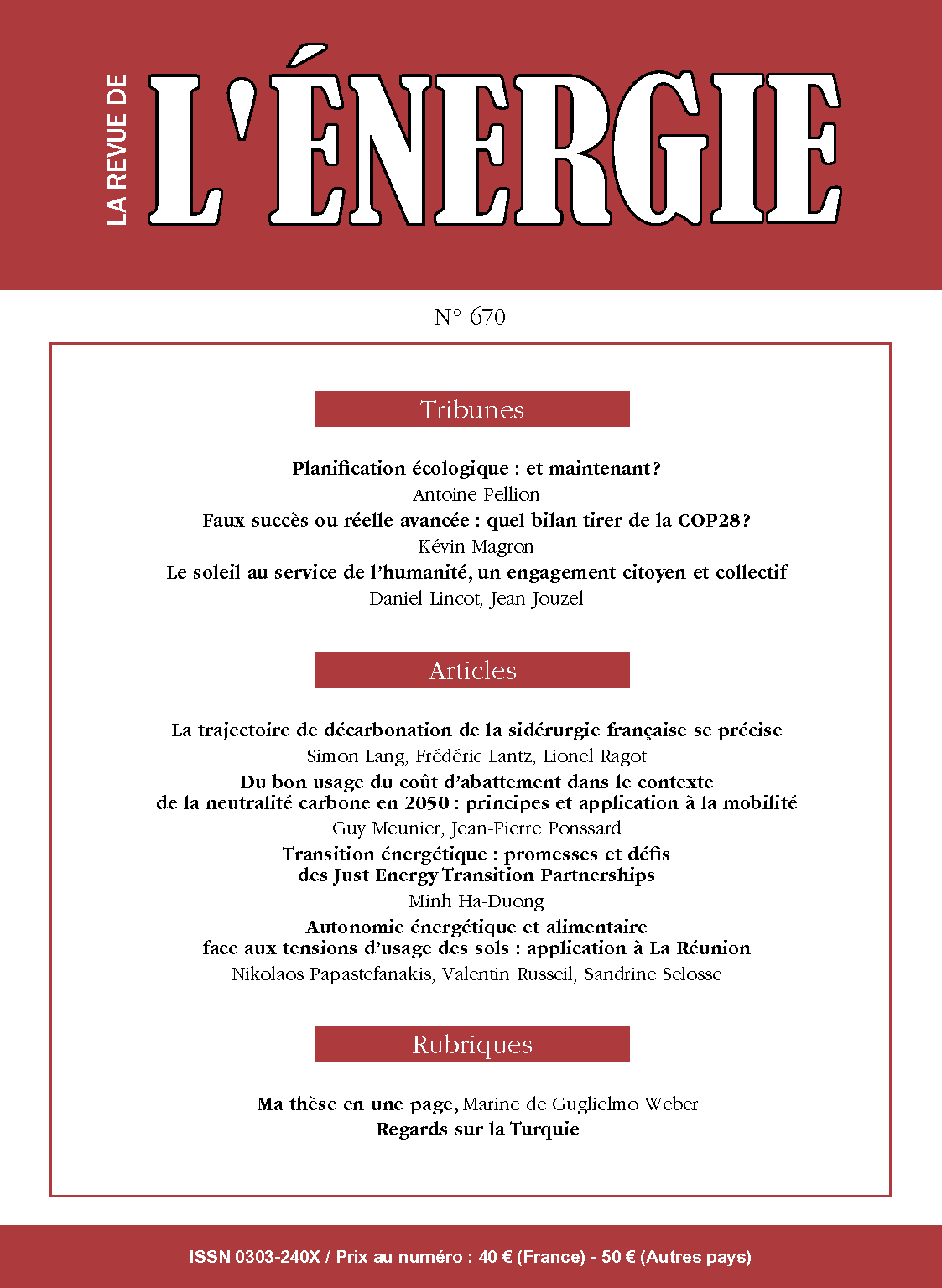60 Boulevard Saint-Michel 75006 Paris
61ème Séance du Séminaire PSL de Recherches en Économie de l’Energie
Mercredi 5 avril 2023, 16h30-18h30 (Ecole des mines, Amphi Schlumberger)
« Protection et consentement à payer des consommateurs d’électricité »
———
Corinne Chaton (FIME Université Dauphine et EDF), « Coverage for Fuel Poverty ».
To cope with rising energy prices, the French government implemented an energy price shield in the fall of 2021 in order to “continue to protect the French households and their purchasing power” (sic Gabriel Attal, September 3rd, 2022). We propose another measure to cover households against fuel poverty: an insurance that guarantees a minimum level of energy to households. It applies to non-fuel-poor households and is differentiated by income and housing characteristics. Further, guaranteed minimum levels of energy supply and discounts are household-specific. To illustrate our results, we focus on non-fuel poor households who live in all-electric dwellings and whose electricity price is regulated. We estimate that 2.06 TWh are needed to
guarantee the minimum level of electricity to these households. This measure will be less expensive than the cost of the tariff shield for those households as long as the sourcing price of electricity stays under 803€/MWh!
Corinne Chaton and Marie-Laure Guillerminet, Coverage Fuel Poverty, January 2023, https://www.fimelab.org/coverage-for-fuel-poverty-c-chaton-m-l-guillerminet/
Adrian Luiz-Carjaval (GAEL, Université de Grenoble), « Préférences des ménages en matière d’approvisionnement électrique »
This study sheds light on the willingness to pay (WTP) of French households for electricity from different sources and containing different combinations of three hedonic attributes: green, local and autonomy (selfsufficiency). Using a discrete choice experiment of 503 households from the Auvergne-Rhône-Alpes region we assess the preferences of respondents for supplying their electricity (i) from the national grid, (ii) from a solar PV system at home, or (iii) by joining a nearby energy community. A conditional logit regression of the responses suggests positive valuations for all attributes and sources with the notable exception of the local attribute, which was frequently neglected by respondents even when supplied free of charge. Two additional models found statistically significant correlations with household, demographic, and psychological factors. Overall, the results suggest there is untapped market demand for electricity from nonconventional sources, and willingness to pay a premium for the “right” combination of attributes.
A. Luiz-Carjaval and S. Robin, How French Households Value their Electricity Supply Choices, WP TBP.

